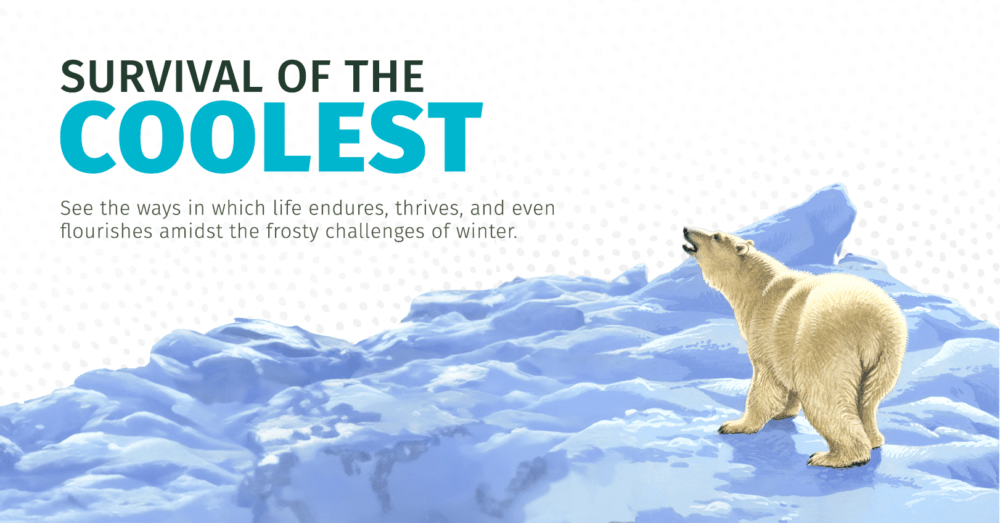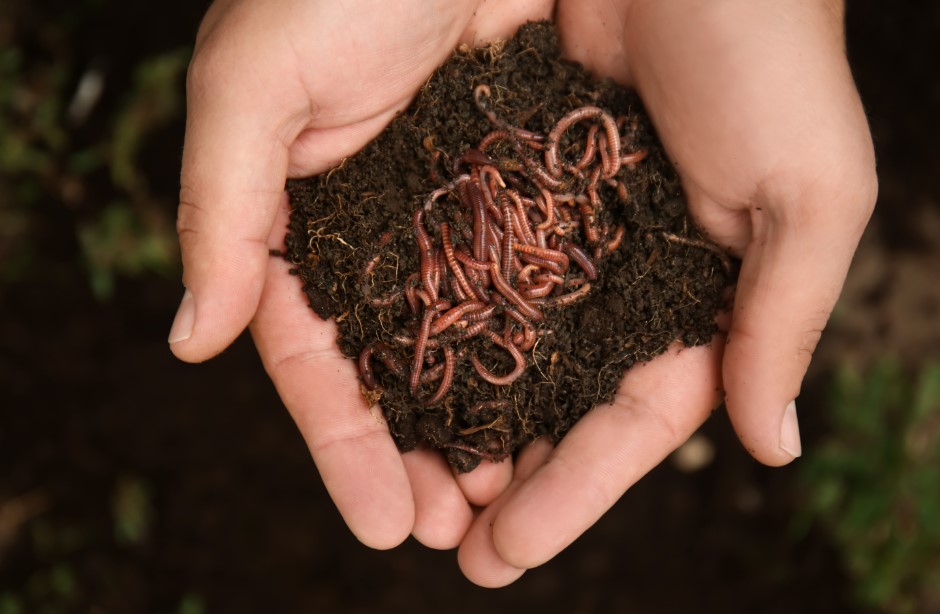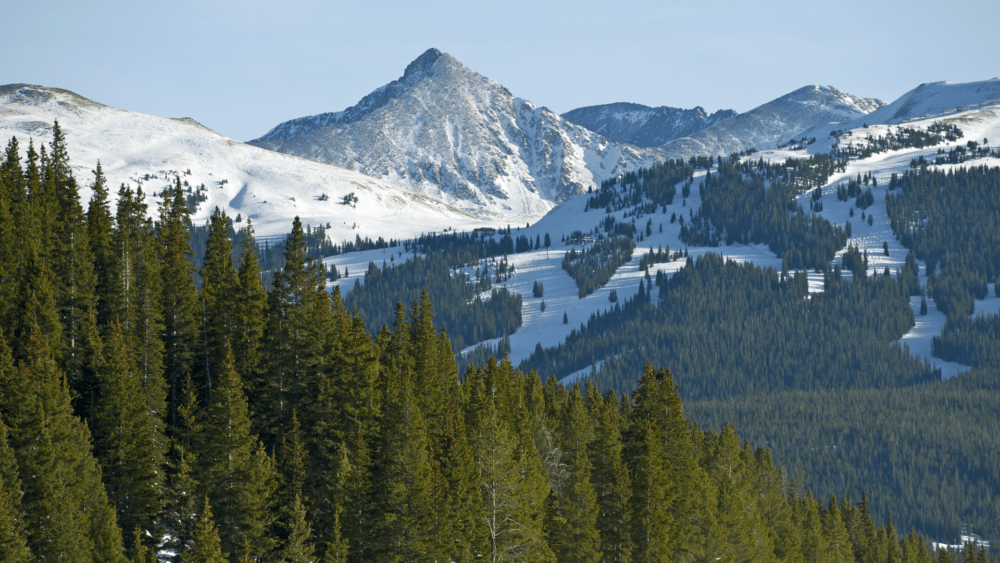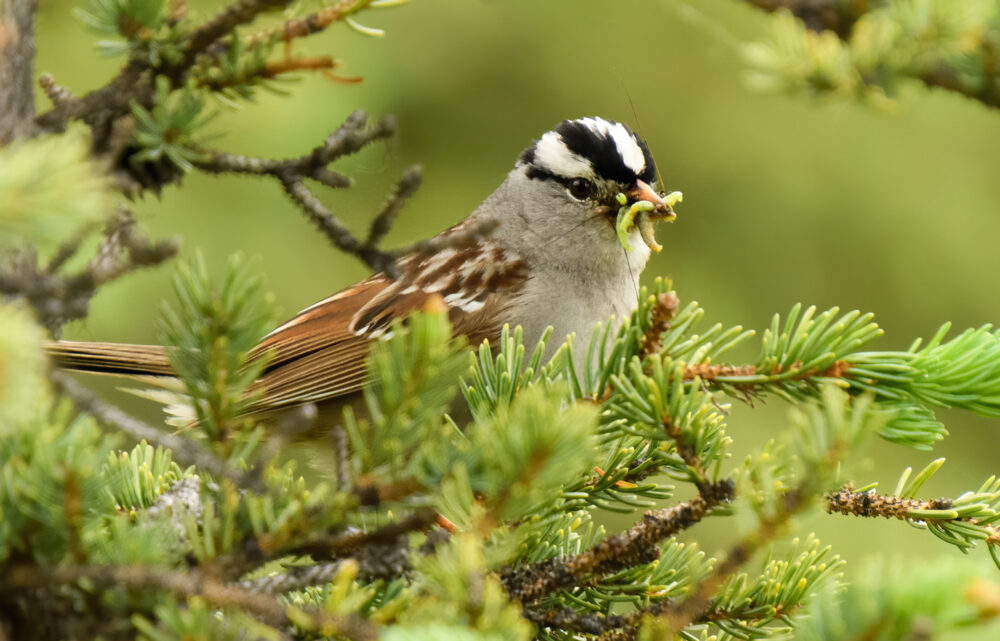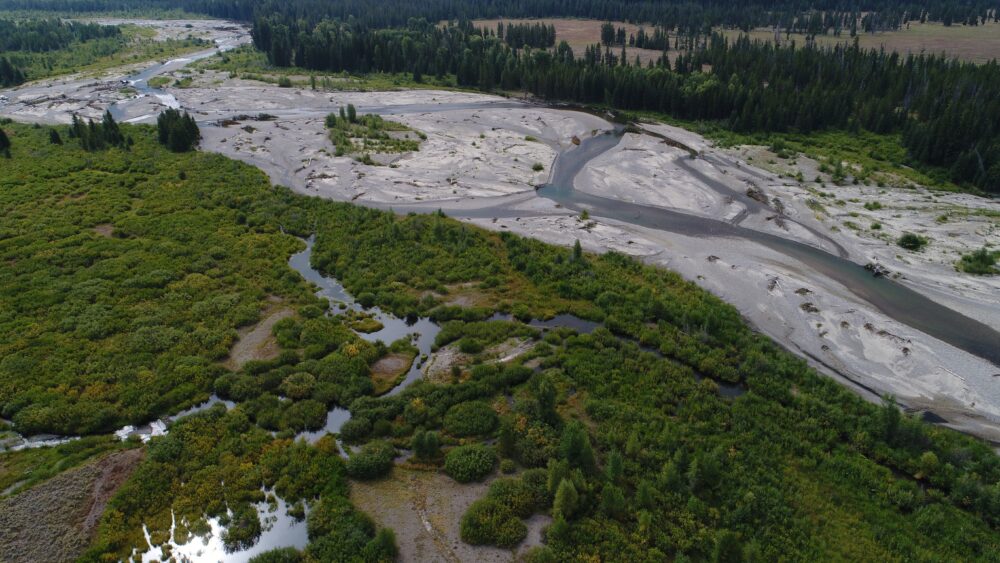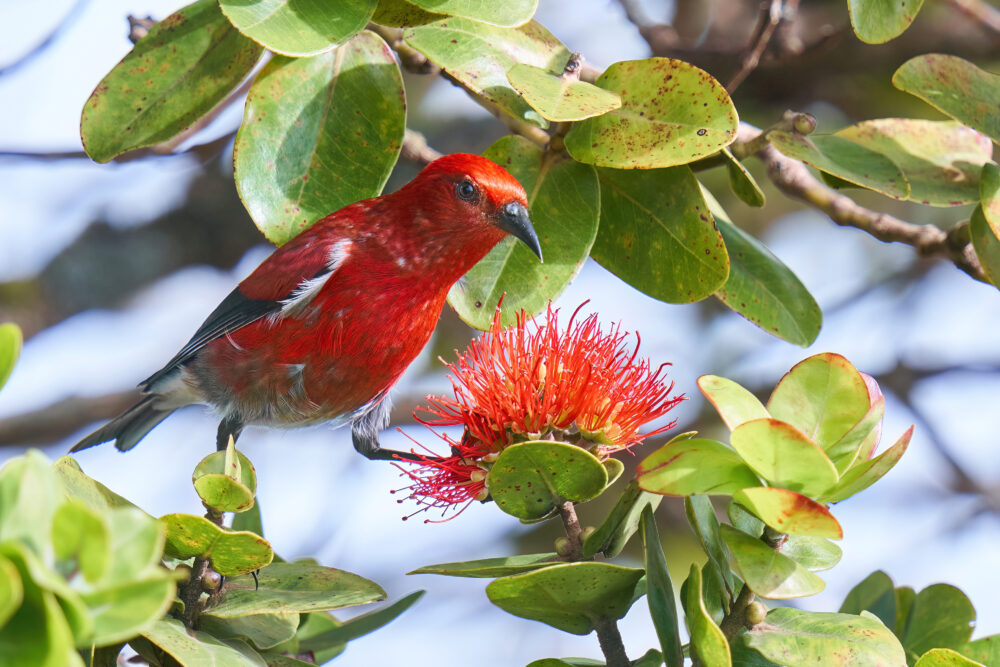We have much more to do and your continued support is needed now more than ever.
Wolves to be Poisoned Over Tar Sands in Canada
Late last week, internal documents went public showing Canada is fretting over its sullied reputation for unfettered fossil fuel development, while resorting to poisoning wolves rather than fixing the problem. NWF released a paper today showing tar sands, oil and gas development in Canada is contributing to the decline in caribou herds. Rather than improve environmental practices to protect and restore caribou habitat, Canadian wildlife officials are poisoning wolves with strychnine-laced bait. The news comes as Alberta and Canadian officials scramble to address environmental monitoring failures that are wreaking havoc up north.
>> Speak Up to Protect Wolves from Dirty Oil!
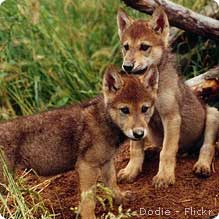
Strychnine progresses painfully from muscle spasms to convulsions to suffocation over a period of hours. The NWF paper says the poison will also put at risk animals like raptors, wolverines and cougars that eat the poisoned bait or scavenge on the carcasses of poisoned wildlife.
Here’s what Canada’s Minister of Environment Peter Kent said in September: “Culling is an accepted if regrettable scientific practice and means of controlling populations and attempting to balance what civilization has developed. I’ve got to admit, it troubles me that that’s what is necessary to protect this species,” Kent commented. Simon Dyer of the Pembina Institute estimates that many thousands of wolves could be destroyed over five years.
Instead of resorting to euphemistic descriptions of a repugnant method of killing, Mr. Kent and Canadian officials should be stopping the habitat destruction in the first place. Destroying and fragmenting caribou habitat to produce one of the dirtiest fuels on the planet means fewer caribou and fewer wolves just to line the pockets of Big Oil.
It’s increasingly par for the course in Canada, as the nation continues its slide from “Green to Gray.” What’s disturbing is that Keystone XL commits the U.S. to a decades-long partnership in these “crimes” against wildlife.
Canada Documents Caribou Decline
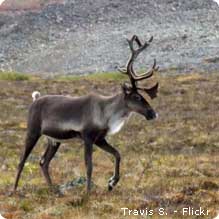
Habitat Protection, Restoration Should Be the Focus
Incredibly, the Canadian government actually acknowledges that carving up forests is threatening caribou. “Boreal caribou are primarily threatened by a reduction in the availability and suitability of habitat necessary to carry out the life processes necessary for their survival and reproduction,” states Environment Canada’s proposed caribou recovery plan. Why then, we have to ask, are they not stopping this destruction? More development means less habitat, fewer caribou and fewer wolves. Both caribou and wolves need a healthy habitat.
If Canada wants to protect caribou herds, they should protect caribou habitat. Scapegoating wolves to produce profits for the oil industry is cruel and wrong.
![]() We need your help to protect wildlife! Get involved and help us stop this from happening. Take action to protect wolves and many more wildlife at risk from dirty tar sands oil.
We need your help to protect wildlife! Get involved and help us stop this from happening. Take action to protect wolves and many more wildlife at risk from dirty tar sands oil.













